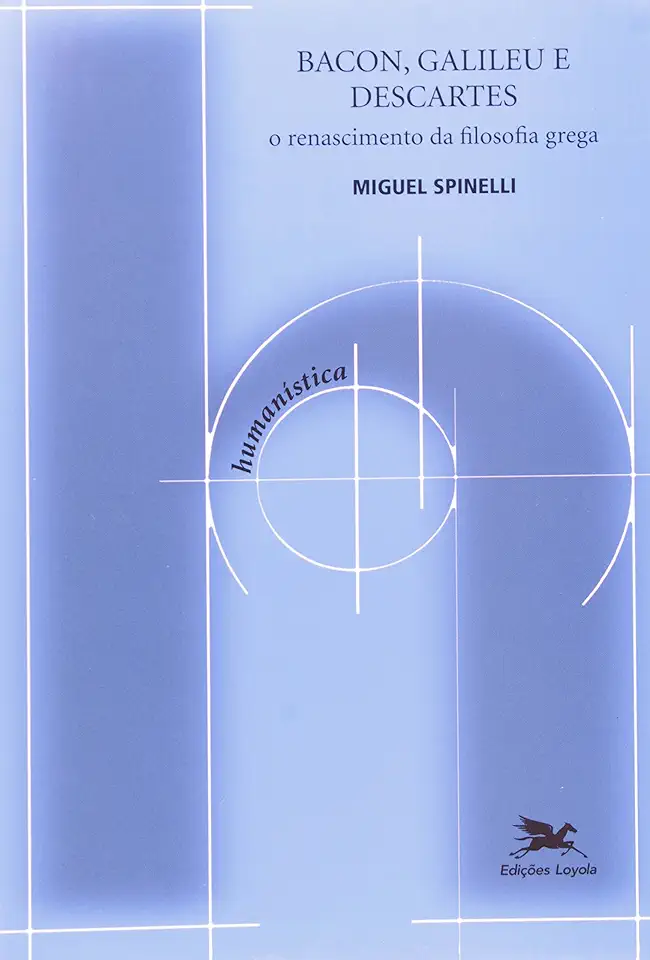
Bacon, Galileo and Descartes - The Renaissance of Greek Philosophy - Miguel Spinelli
Bacon, Galileo and Descartes: The Renaissance of Greek Philosophy
In his book, Miguel Spinelli offers a comprehensive and engaging exploration of the profound impact that the rediscovery of ancient Greek philosophy had on the intellectual landscape of the Renaissance. Through a detailed examination of the works of three key figures – Francis Bacon, Galileo Galilei, and René Descartes – Spinelli sheds light on how these thinkers drew inspiration from the classical past to revolutionize scientific thought and usher in a new era of intellectual inquiry.
The Rediscovery of Ancient Greek Philosophy
The Renaissance marked a period of renewed interest in classical learning, and this extended to the study of ancient Greek philosophy. Works by Plato, Aristotle, and other Greek philosophers were rediscovered and translated into Latin, making them accessible to a wider audience of scholars. This influx of classical ideas had a profound impact on the intellectual climate of the time, challenging traditional beliefs and inspiring new ways of thinking about the world.
Francis Bacon: The New Science
Francis Bacon, an English philosopher and statesman, was one of the most influential figures of the Renaissance. He argued that the pursuit of knowledge should be based on observation and experimentation, rather than on reliance on ancient authorities. Bacon's emphasis on empirical evidence laid the foundation for the scientific method and helped to usher in a new era of scientific inquiry.
Galileo Galilei: The Scientific Revolution
Galileo Galilei, an Italian astronomer, physicist, and mathematician, is considered one of the founders of modern science. His observations of the solar system, using the newly invented telescope, challenged the prevailing geocentric model of the universe and supported the heliocentric model proposed by Copernicus. Galileo's work revolutionized our understanding of the cosmos and paved the way for further scientific discoveries.
René Descartes: The Method of Doubt
René Descartes, a French philosopher and mathematician, is best known for his method of doubt, which he used to question all of his beliefs and arrive at a foundation of certain knowledge. Descartes' philosophical inquiries led him to develop a new system of philosophy based on the concept of the mind-body dualism, which influenced subsequent philosophical thought.
The Legacy of Bacon, Galileo, and Descartes
The work of Bacon, Galileo, and Descartes had a profound impact on the development of modern thought. Their emphasis on observation, experimentation, and rational inquiry laid the foundation for the scientific revolution and the Enlightenment. Their ideas continue to shape our understanding of the world and inspire new generations of thinkers and scientists.
Conclusion
Miguel Spinelli's book, Bacon, Galileo and Descartes: The Renaissance of Greek Philosophy, is a masterful exploration of the intellectual revolution that took place during the Renaissance. Through his detailed analysis of the works of these three key figures, Spinelli provides a compelling account of how the rediscovery of ancient Greek philosophy transformed the course of human thought and laid the foundation for the modern world. This book is a must-read for anyone interested in the history of philosophy, science, and the intellectual foundations of our modern world.
Enjoyed the summary? Discover all the details and take your reading to the next level — [click here to view the book on Amazon!]